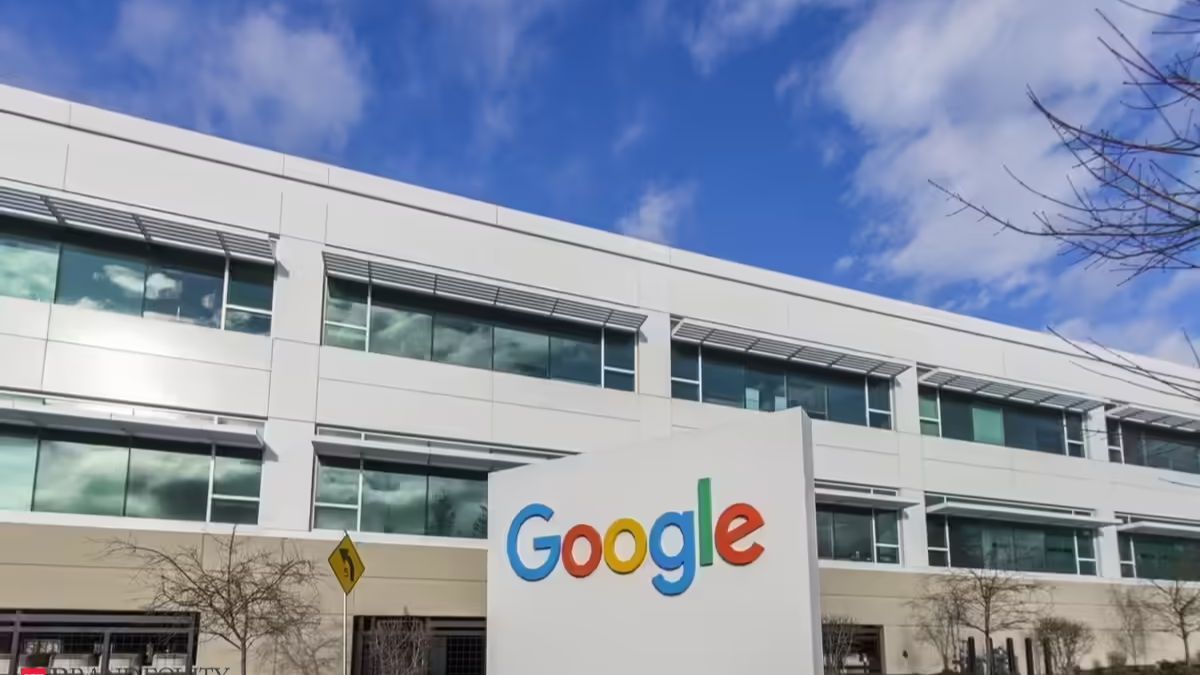Necessary Always Active
Necessary cookies are required to enable the basic features of this site, such as providing secure log-in or adjusting your consent preferences. These cookies do not store any personally identifiable data.
|
||||||
|
||||||
|
||||||
|

U.S. regulators want Google to sell its ad exchange platform, AdX as the ad tech trial begins. According to Reuters, Google is facing a second attempt to break up its ad tech business just weeks after overcoming an illegal search monopoly case.
In April 2025, a U.S. court declared part of Google’s digital advertising technology an illegal monopoly. In the latest trial, the Department of Justice (DoJ) will be pushing for a Google ad tech breakup as a remedy to the tech giant’s monopoly issue.
U.S. District Judge Leonie Brinkema ruled that Google holds an illegal monopoly in online advertising technology. Google’s advertising technology came under scrutiny in September 2024 after the DoJ filed a lawsuit claiming that the tech giant’s ad monetization system was harming news publishers. The lawsuit focused on Google’s advertising tools, specifically the technology it uses to connect websites, publishers, and advertisers.
Judge Brinkema will be presiding over Google’s antitrust trial in Alexandria, Virginia over the next two weeks. During the trial, the tech giant will be seeking to avoid a forced divestiture of its online advertising business. The DoJ is expected to leverage the trial to curb the favorable ruling handed to the tech company in the Chrome-Android antitrust case.
In a ruling issued early this month, U.S. District Judge Amit Mehta rejected calls for a forced Google Chrome divestiture by the DoJ following a 5-year legal battle. However, the judge ruled that Google must share search data with competitors to address its online search monopoly.
The DoJ along with a coalition of states want the court to compel the tech giant to sell its ad exchange, Google AdX. Online publishers pay a 20% fee to sell ads in auctions on the platform. Ad sales happen instantly when publishers load websites. The DoJ also wants Google to open-source mechanisms for determining winners in ad auctions.
But Google has requested that Judge Brinkema take a cue from Judge Mehta and adopt a cautious approach in ruling the case. The tech giant argues that the proposals by the DoJ are not practical. If implemented, the company says they would create uncertainty for publishers and advertisers.
The Justice Department is “fighting for a remedy that would vanquish a past that has been overtaken by technological and market transformations in the way digital ads are consumed,” Google’s lawyers said ahead of the trial.
Google has previously offered to sell its ad exchange, something that the DoJ might underscore in the trial. Rather than sell AdX, Google has proposed a review of its policies to better support competing platforms and make it easier for publishers to use. The DoJ argues that such action is not sufficient to restore competition.
Google’s ad tech monopoly trial will be followed closely by competitors, including online publishers and developers of ad technology. Previously, Google has been sued for damages by some of its competitors.
In August 2024, Yelp sued Google for self-preferencing customer reviews in local search. In its lawsuit, the online review website site alleged that Google had an unfair advantage in the local search market and advertising.
Google says it will appeal the April 2025 decision that labelled its ad network an illegal monopoly irrespective of the trial outcome. The tech giant could appeal the decision until the remedy is determined. Google’s ad tech trial threatens the complex network that the tech giant has built over the last 17 years to power its digital advertising business. Besides generating most of the $305 billion annual revenue for Google’s services division, digital ad sales provide the lifeblood that supports thousands of websites.
The trial is among multiple antitrust cases involving big techs in the U.S. The government has been cracking down on major tech companies since President Donald Trump’s first term with antitrust cases against Meta, Apple, and Amazon still pending.